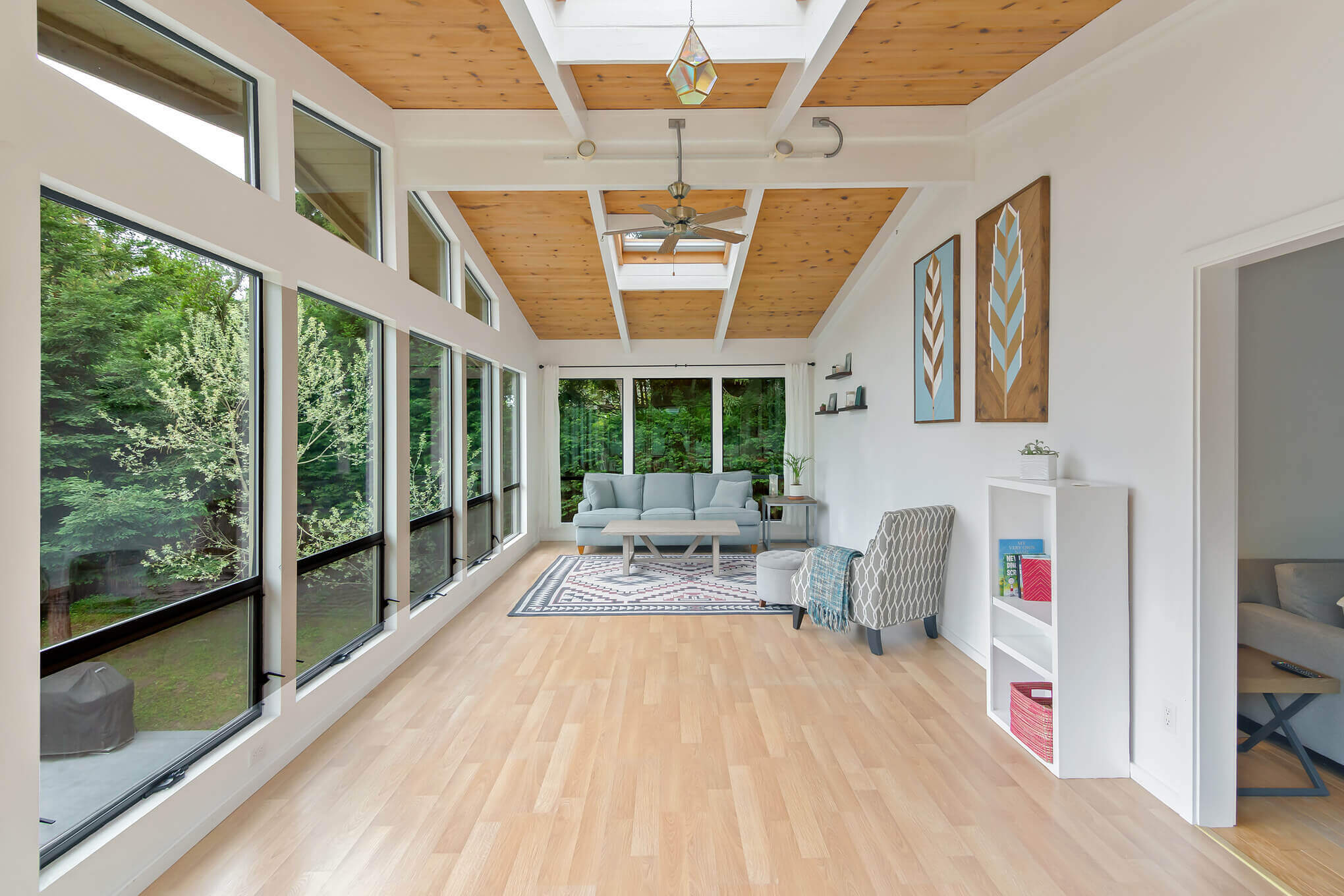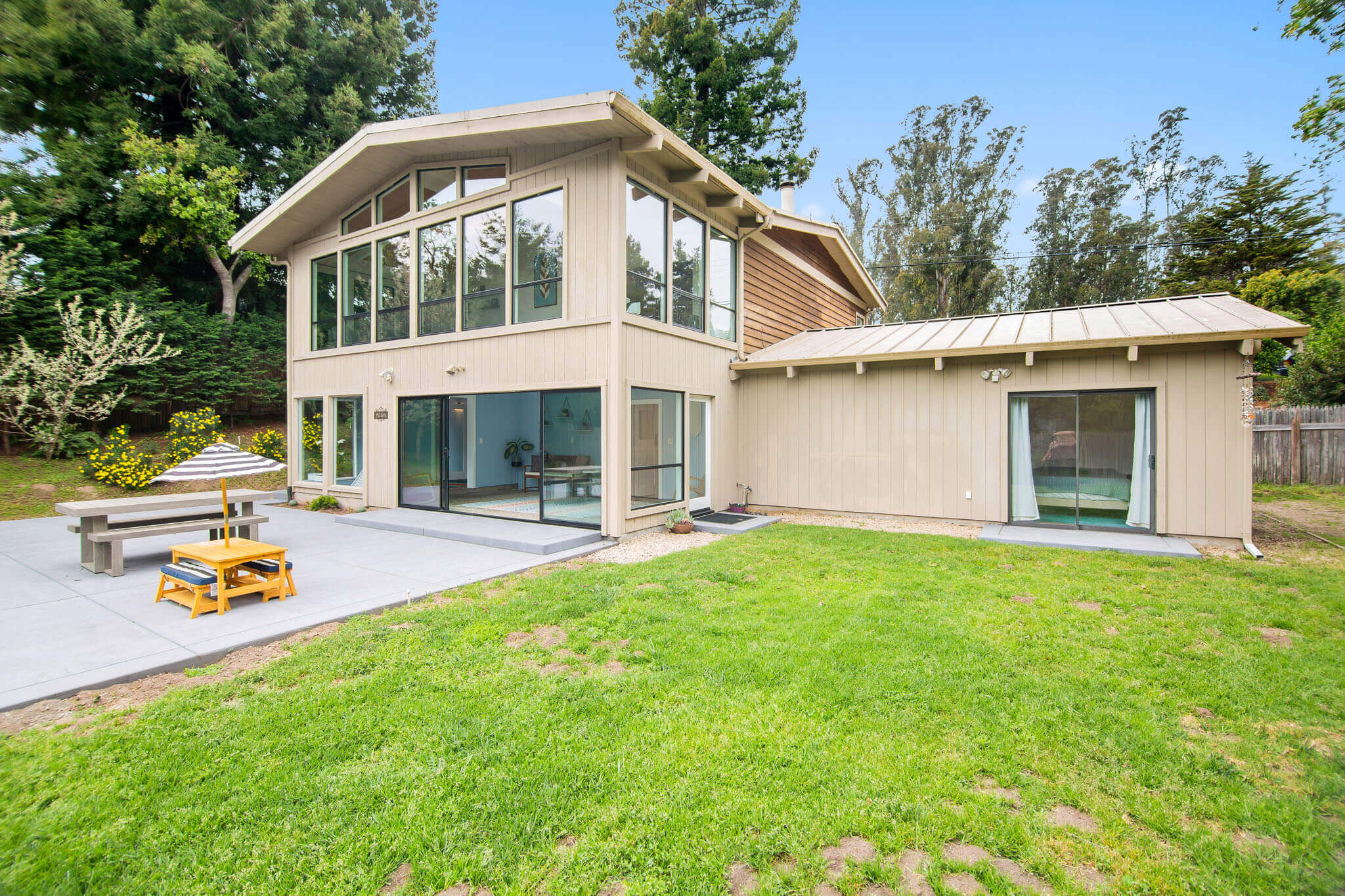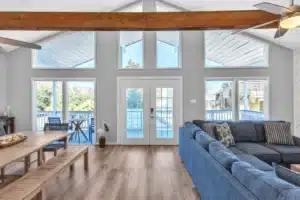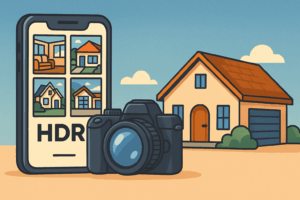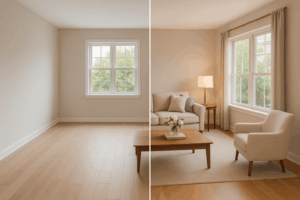“Politics and real estate are local affairs,” according to an old adage. But in this modern age of technology, where you can view a home, meet with an agent, and close a transaction from anywhere with a decent WiFi connection, many believe that this old saying is no longer relevant, including Zillow.
In 2018, the Seattle-based real estate company launched Zillow Offers to compete with other iBuyer models that had been around since 2014, such as Opendoor. This feature would allow users to submit a request for an offer on a home, then a Zillow representative would come out to appraise it, make an offer, and complete the sale.
All the customer had to do was sign some papers — no more hefty commissions, no more costly fees, no more waiting around for the right buyer to come along.
Zillow Offers’ Recent Demise
Over recent years, iBuyers like Zillow, Opendoor, RedfinNow, and Offerpad have exploded onto the real estate scene, accounting for 1% of all home sales in the U.S. Up until now, these companies have relied on strong demand and high prices to fuel their business models.
But on November 2nd, 2021, three years after launching Zillow Offers, the company announced the end of its home-flipping business, with Zillow CEO Rich Barton admitting that the company’s “Zestimate” algorithm had grossly overestimated the value of homes.
“Put simply, our observed error rate has been far more volatile than we ever expected possible,” Barton said, “and makes us look far more like a leveraged housing trader than the market maker we set out to be.”
Now Zillow is left with a portfolio of highly leveraged homes that are worth less than the company had originally estimated.
What Does the Post-Pandemic Market Mean for iBuyers?
Now that today’s post-pandemic market is cooling down and heading into the sluggish winter season, iBuyers will need to focus on the local aspects of what makes a neighborhood desirable to sell thousands of homes.
Additionally, their algorithms will need to compute more than just interest rates and global supply chains. They’ll have to consider local factors such as zoning ordinances, neighborhood developments, school board policies, and Covid restrictions that can change at the drop of a hat.
These factors play a major role in a neighborhood’s desirability, something that algorithms can’t always pick up on.
The iBuyer Model Vs. Traditional Real Estate
In the end, iBuyers and traditional real estate agents who work on the local level share the same goal: to make the home selling and buying process a quick and painless experience for the customer but also make a profit at closing.
The difference between the two is that iBuyers can’t provide the same level of personal care and attention that a rockstar real estate agent can.
This is because for many consumers (if not most), selling and buying a home is a deeply personal experience that requires personal attention. Algorithms are simply no match for time-tested principles in customer service that stand for a reason: they work!
In a market as tumultuous as this, where buyers are jumpy and sellers are weary, that human connection is more important than ever.
Is the iBuyer Model Doomed to Collapse?
Zillow Offers’ recent downfall isn’t good news for the remaining iBuyers, including Opendoor, but it won’t cripple their businesses anytime soon.
That said, we don’t expect the rapid iBuyer growth to continue or outperform its original “Covid pace,” where demand was high, prices were escalating, and homes were flying off the shelf.
It will be interesting to see how iBuyers adapt in the coming months and how successful they’ll be in meeting the needs of a more localized market.
We predict that once iBuyers realize how competitive local real estate services are, they’ll become just another player in the game at the local level.
After all, local representation will always be a necessity. This calls for not only a local real estate agent to represent the listing but a local real estate photographer to capture professional images of the home — a recipe for success in real estate.
To learn more about the best real estate photographers in your local market, visit our homepage!


